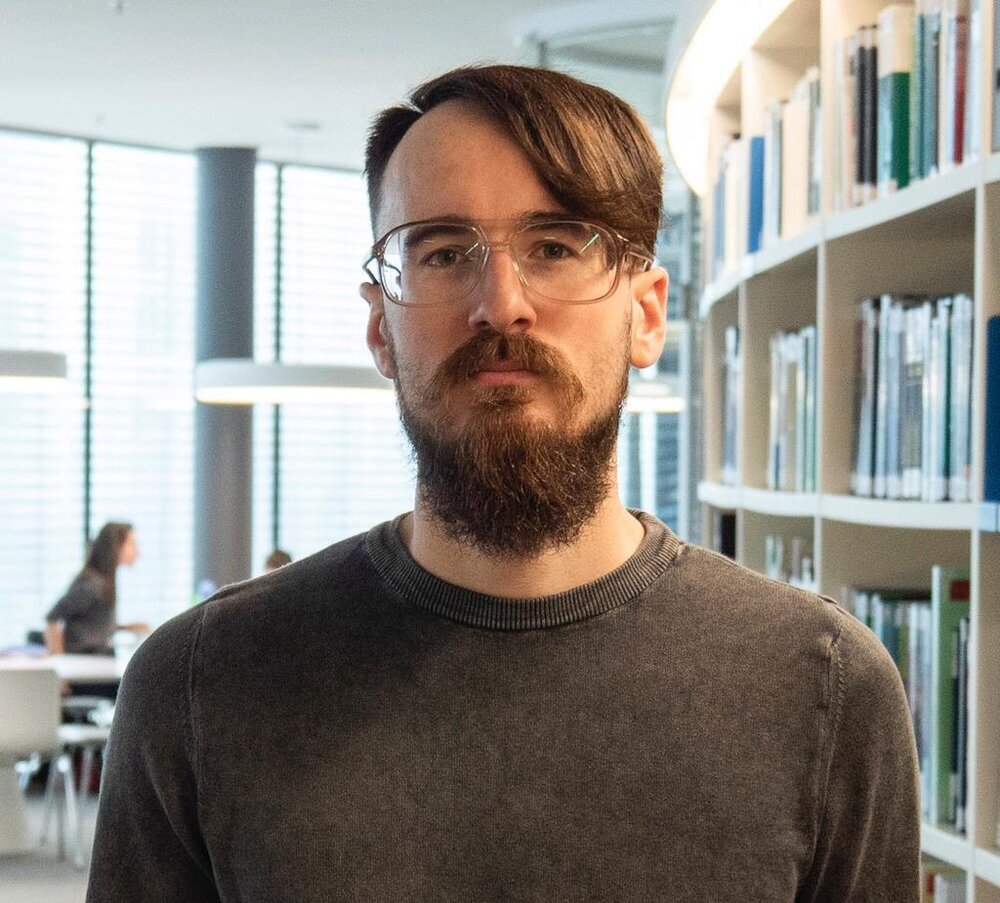Attempt to return UN sanctions ‘a diplomatic defeat for Trump’: Harvard Kennedy School fellow

TEHRAN – A Stanton Nuclear Security Fellow on Managing the Atom of the Harvard Kennedy School has described Washington’s attempt to return UN sanctions on Iran as a “diplomatic defeat” for President Donald Trump.
The international community has shown they will not accept the U.S. move which will only contribute to the further decline of Trump’s credibility as a negotiating partner Stephen Herzog told ILNA in an interview published on Sunday.
Stephen Herzog says when tensions between Washington and Tehran are high, the American public seeks to avoid war.
“I think this unilateral decision by the Trump administration is a sign of desperation and a clear indication of how badly the policy of ‘maximum pressure’ has failed,” Herzog stated.
“Iran’s oil exports increased in September, and Tehran has improved its ties with China and Venezuela while building up its stockpile of enriched uranium,” he remarked, adding, “These activities are the direct result of the Trump administration’s refusal to participate in the JCPOA and attempt to deny Iran access to the global economy.”
The Harvard Kennedy School fellow said the JCPOA, which is commonly known as the Iran nuclear deal, remains a polarizing issue in the United States, with Republicans from President Trump’s party opposing it and Democrats from former Vice President Joe Biden’s party supporting it.
Citing a poll he conducted last year for the U.S. magazine The National Interest with his co-author David M. Allison, Herzog said the poll showed that when tensions between Washington and Tehran are high, the American public seeks to avoid war.
“My understanding is that the Iranian public strongly prefers peace as well. For this and other reasons, my view is that Trump would eventually like to achieve a deal with Iran he can claim did more for stability and nuclear non-proliferation than the administration of Barack Obama,” the expert added.
‘U.S. election to have significant ramifications for Tehran-Washington relations’
Elsewhere in his remarks, Herzog said the U.S. presidential election in November will have significant ramifications for U.S.–Iranian relations, as will Iran’s presidential election next year.
“Biden and Trump have very different visions for the relationship with Iran. The Democratic National Committee of Biden’s party has listed returning to the JCPOA in its electoral platform,” he maintained.
“Biden was, of course, Obama’s vice president when it was negotiated and will surely seek this as a policy, but it isn’t guaranteed,” he added.
The expert concluded his remarks by saying that peace between the U.S. and Iran is possible, regardless of whether the next U.S. president is Joe Biden or Donald Trump. “But the terms to negotiate that peace will be different in each case and much more difficult under a second Trump administration.”
MH/PA
Leave a Comment